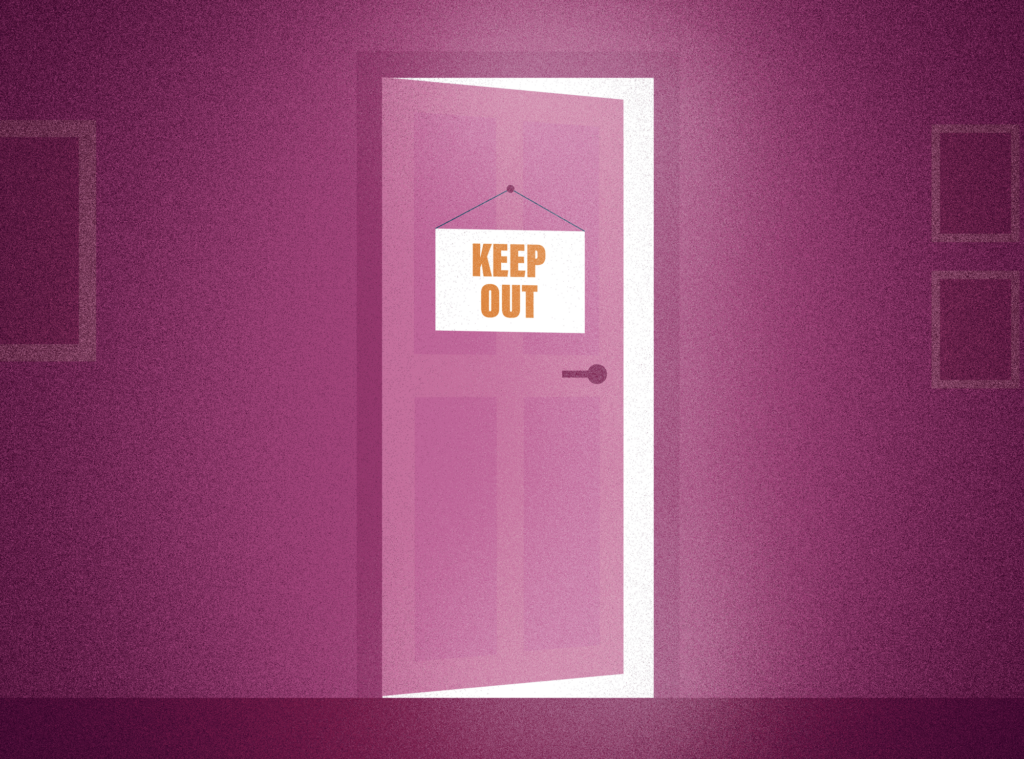
Today, I’ve asked Marc Schulz to share his Tip of the Week.
“I don’t know why I try so hard to be there for him—he’s always telling me just to leave him alone.”
My friend was exasperated with her 16-year-old son. “Should I back off?” she asked.
As the vulnerability of a child gives way to the belligerence of a teen, it gets harder for parents always to see the benefits of a caring presence. And that’s particularly true when your adolescent tells you, “I don’t need you,” or pushes you away when you try to connect.
Those teens, however, still need your presence and the connection you have with them. Research finds that teens who grow in independence while maintaining their connection to their parents do better—with higher self-esteem and a more mature understanding of the world—than the ones who become autonomous at the expense of those ties.
So how do parents nourish that connection in situations where their teen is saying subtly (or not so subtly), “Leave me alone”?
A key first step is taking a breath and recognizing your own emotions and priorities in this situation. You can recognize but resist your first impulse, which may be to reject your child because you feel angry or sad. You might remind yourself of how challenging adolescence was for you and how important it was to feel like you were becoming more independent. And you might reconsider any all-or-nothing thinking that, in the heat of the moment, leads you to believe that your teen is always difficult and will always be resistant to having you around.
Also, think about opportunities when you can approach your teen with curiosity about what she is experiencing. Ask your child, “What is going on for you?” Ask yourself, “What’s happening in these situations with my child that I’ve never noticed before? Why do I find this so frustrating? What have I been missing?”
Don’t believe your adolescent wants to be left alone all the time.
Do let your teen know you want to stay connected. When they push you away, you might respond, “I know you want some time alone right now, but let’s find another time to hang out a bit or do something together.” Beneath all the bravado, your teen really does need you.
With curiosity and interest,
Marc
Marc Schulz is the Sue Kardas PhD 1971 Professor of Psychology and the director of data science at Bryn Mawr College. He is also the co-author, with Robert Waldinger, of The Good Life: Lessons from the World’s Longest Scientific Study of Happiness.
